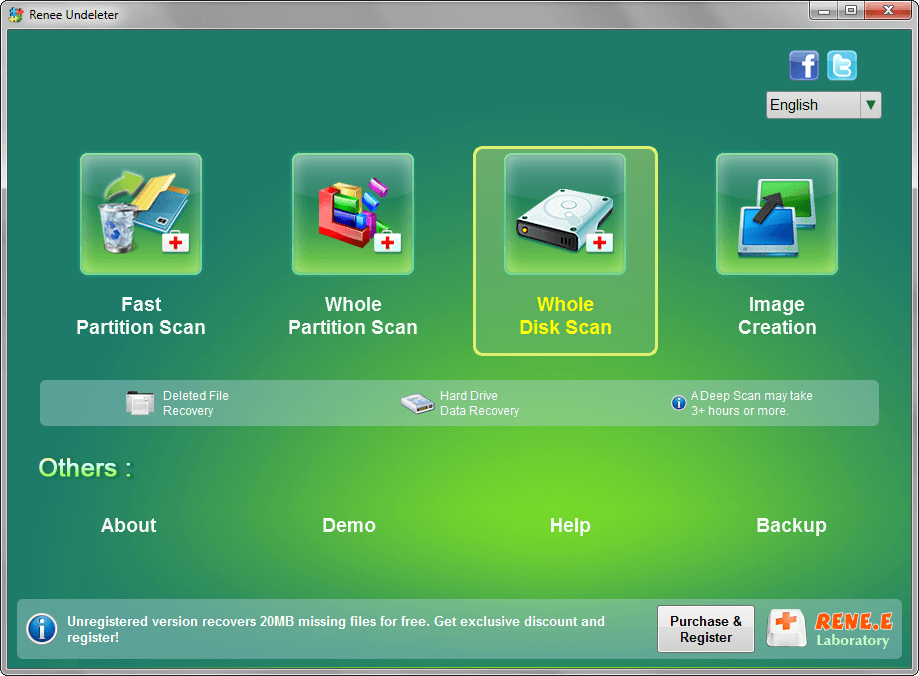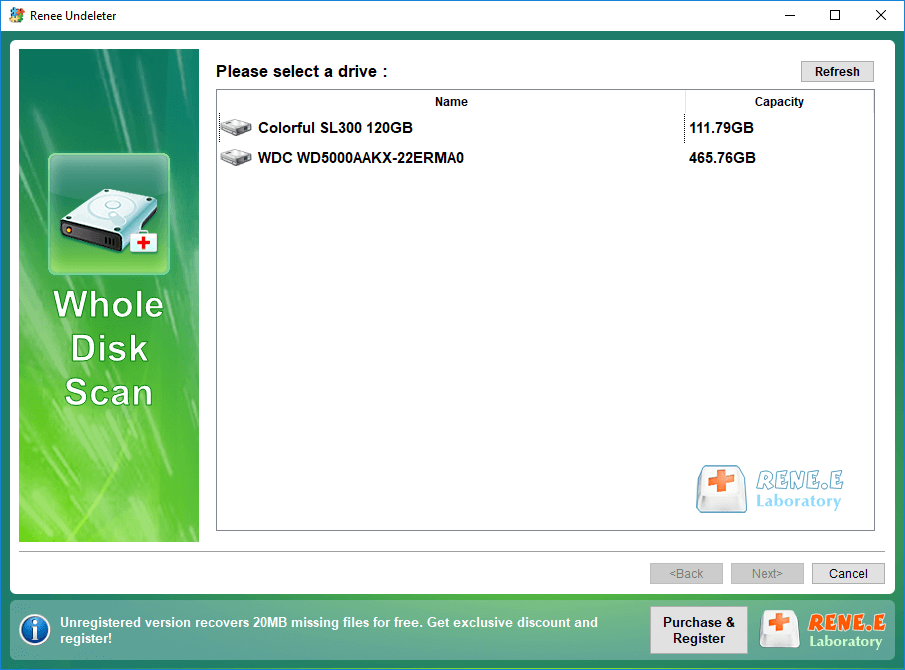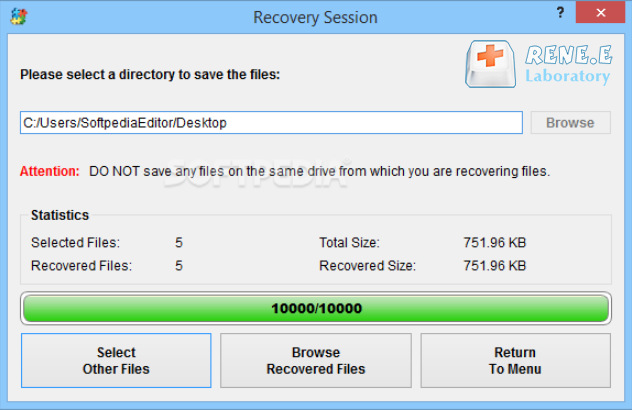Understanding Hard Drive Failures: Causes and Solutions
- Home
- Support
- Tips Data Recovery
- Understanding Hard Drive Failures: Causes and Solutions
Table of contents


Easy to use Only simple steps to recover data from storage devices.
Multiple scan modes Fast partition scan, whole partition scan and whole disk scan for different recovery needs.
File types Support to recover pictures, videos, audios, documents, mails, etc.
Supported storage devices Recover data from recycle bin, SD card, external disk, etc.
Supported systems Windows 10, 8.1, 8, 7, Vista, XP, 2000 and Mac OS X10.6, 10.7, 10.8.
Easy to use Only simple steps to recover data from storage devices.
Multiple scan modes - 3 scan modes for different recovery needs.
Supported storage devices Recover data from recycle bin, SD card, external disk, etc.
Mechanical Failure
Electrical Failure
Logical Failure
Bad Sector Failure
Firmware Failure

- Proper ventilation is crucial. Ensure that fans and ventilation grids on your computer are not blocked.
- If your computer overheats excessively, turn it off and allow it to cool down.
- Persistent overheating? Seek professional repairs.
- Unplug your computer when not in use to prevent power surges from damaging the hard disk.
- If unplugging is inconvenient, use a surge protector while keeping the computer plugged in.
- Dust can penetrate the hard disk casing and obstruct the read-write head, causing a head crash.
- Routinely clean your computer and its surroundings.
- Install reliable malware and virus scanners to prevent harmful downloads.
- Choose from various antivirus options available.
- Perform routine checks and scans to ensure correct disk operation and defragment storage files.
- While they may not prevent all failures, these scans can reveal system errors.
- If your system lags or shows signs of failure, back up important files immediately.
- Regularly back up your computer to avoid data loss.
- Note that even the best recovery software or professional services may not retrieve all files.
- Restart, hard boot, or force shut down the computer.
- Instead, seek professional assistance for hard drive recovery.

Easy to use Only simple steps to recover data from storage devices.
Multiple scan modes Fast partition scan, whole partition scan and whole disk scan for different recovery needs.
File types Support to recover pictures, videos, audios, documents, mails, etc.
Supported storage devices Recover data from recycle bin, SD card, external disk, etc.
Supported systems Windows 10, 8.1, 8, 7, Vista, XP, 2000 and Mac OS X10.6, 10.7, 10.8.
Easy to use Only simple steps to recover data from storage devices.
Multiple scan modes - 3 scan modes for different recovery needs.
Supported storage devices Recover data from recycle bin, SD card, external disk, etc.





Easy to use Only simple steps to recover data from storage devices.
Multiple scan modes Fast partition scan, whole partition scan and whole disk scan for different recovery needs.
File types Support to recover pictures, videos, audios, documents, mails, etc.
Supported storage devices Recover data from recycle bin, SD card, external disk, etc.
Supported systems Windows 10, 8.1, 8, 7, Vista, XP, 2000 and Mac OS X10.6, 10.7, 10.8.
Easy to use Only simple steps to recover data from storage devices.
Multiple scan modes - 3 scan modes for different recovery needs.
Supported storage devices Recover data from recycle bin, SD card, external disk, etc.
Relate Links :
Upgrade Your PC: How to Move OS to Another Drive
21-12-2023
Jennifer Thatcher : Upgrade your PC and improve performance by learning how to move your operating system (OS) to a new...
The Last Hope: Tips for Retrieving Data from a Broken Hard Drive
29-11-2023
Ashley S. Miller : Learn how to salvage data from a damaged or broken hard drive with these essential tips and techniques....
Unlocking the Secrets : A Guide to Recovering Data from an Old Hard Drive
24-11-2023
Ashley S. Miller : Learn how to successfully recover data from an old hard drive using proven techniques and specialized software. From...
Recovering Data from a Crashed Hard Drive: A Complete Guide
29-08-2024
Ashley S. Miller : Learn how to recover data from a crashed hard drive with our comprehensive guide. We'll show you how...
- Signs of Hard Drive Failure
- Types of Hard Drive Failure
- Mechanical Failure
- Electrical Failure
- Logical Failure
- Bad Sector Failure
- Firmware Failure
- Complex Failure
- Most Common Causes of Hard Drive Failure
- How to Prevent Hard Drive Failure
- What to Do and What NOT to Do
- Using Renee Undeleter for Data Recovery
- How to recover hard disk data with Renee Undeleter?
- Conclusion






